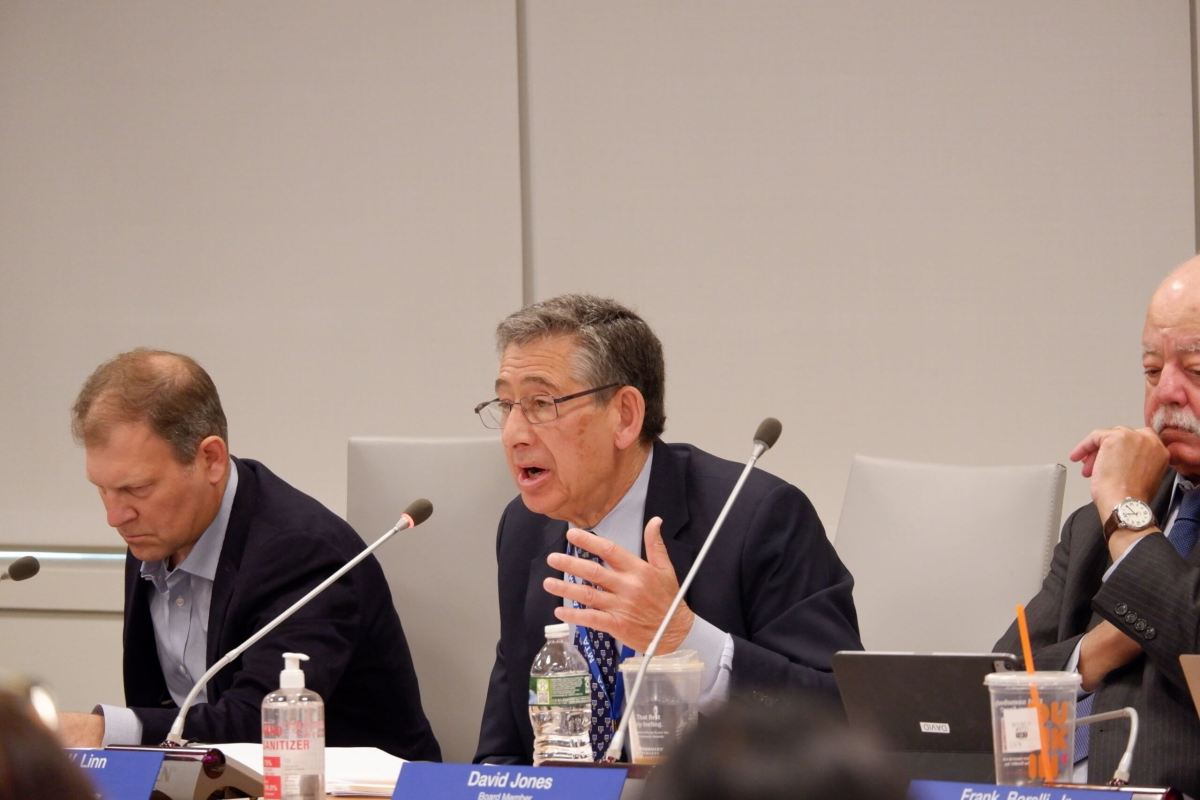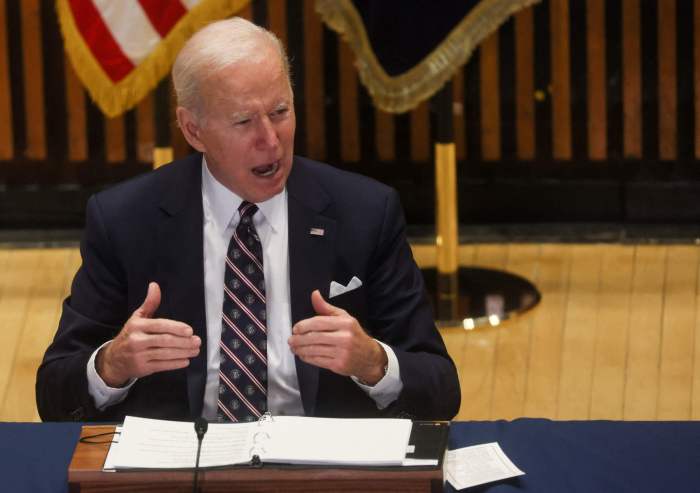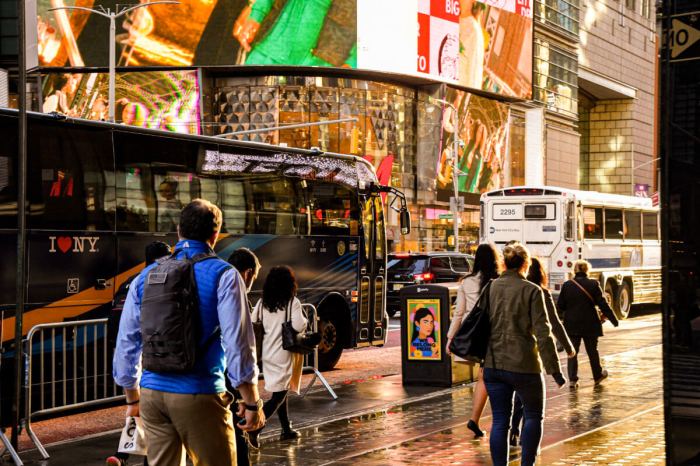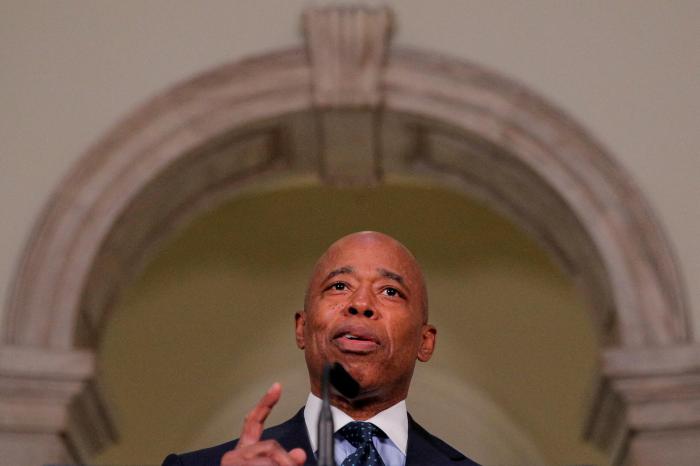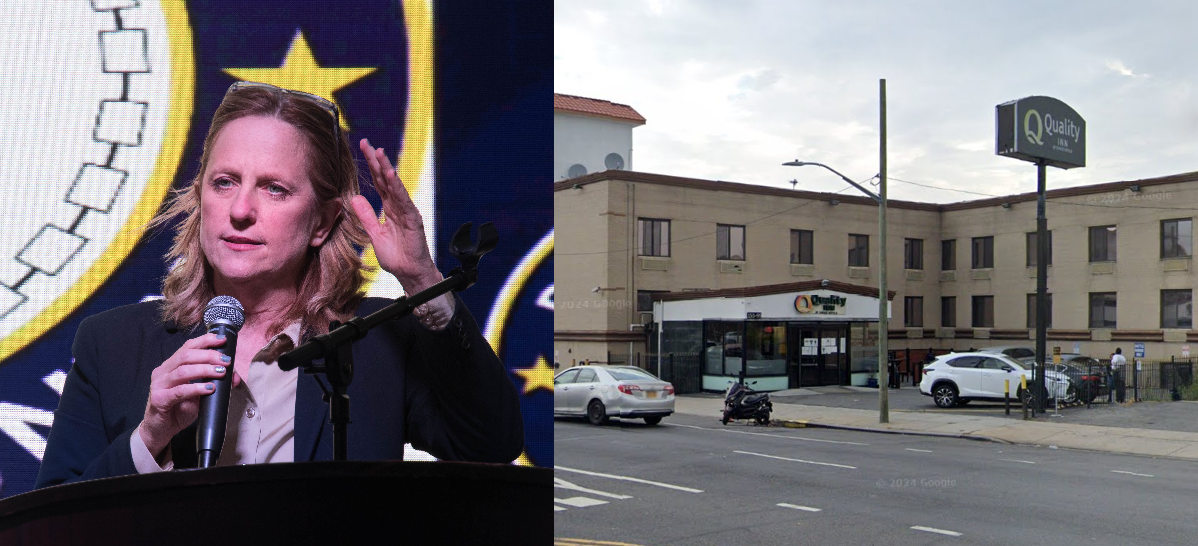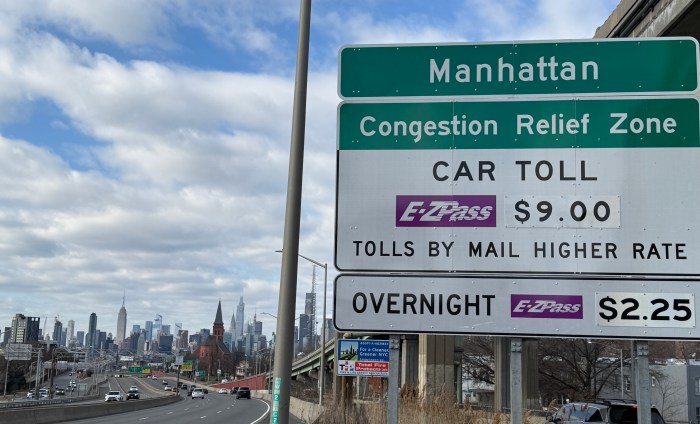One of former Mayor Bill de Blasio’s nominees for the MTA board Bob Linn announced his departure from the transportation panel Wednesday after nearly three years.
Linn’s exit comes as Mayor Eric Adams is reportedly eyeing transit union boss John Samuelsen for a voting position on the 23-member Metropolitan Transportation Authority board.
Recommended by de Blasio for the spot in June 2019, Linn said his mission was to improve operations at the massive transit authority by highlighting data on issues like fare evasion, crime, finances, labor, and more recently, the COVID-19 pandemic.
“We need to look at hard data together and we want to analyze it, and I really think I have helped move some of the thinking in that direction,” Linn said during the March 30 monthly MTA board meeting. “I’ve had my disagreements with MTA leadership, but I hope I’ve helped move towards clarifying, contributing, and elucidating some of these important points.”
De Blasio tapped Linn, a former commissioner of the city’s Office of Labor Relations, to replace Polly Trottenberg on the board, who was then also the city’s Transportation commissioner.
The New York City mayor gets to recommend four board members to the body that votes on things like fare hikes and agency contracts, compared to six that the governor can nominate including with the chairperson.
Board members then need to be confirmed by the state Senate in Albany.
Suburban county executives in the MTA service areas also get to put forth their picks, and there are also six board members without a vote who represent labor and rider advocacy councils.
Mayor Adams is eyeing Samuelsen for one of his four picks for the board, the Daily News reported.
The labor leader is the international president of the Transport Workers Union, whose Local 100 represents the majority of MTA’s nearly 67,000 transit workers.
The Brooklynite currently holds one of the board’s non-voting seats, and confirmed to amNewYork Metro that he has spoken to city officials about possibly becoming a voting member.
“I had a conversation about it, I don’t know that it’s gonna happen,” he said.
City Hall spokesperson Charles Lutvak said the mayor’s office does not comment on pending appointments.
In a social media post, Mayor Adams thanked Linn for his years of service.
“Bob Linn knows how to #GetStuffDone. For years, he’s kept our city moving as part of the @MTA Board. He’s served with distinction and his work has benefitted New Yorkers across the city and region,” Adams wrote on Twitter Wednesday evening. “Congrats on a job well done, Bob.”
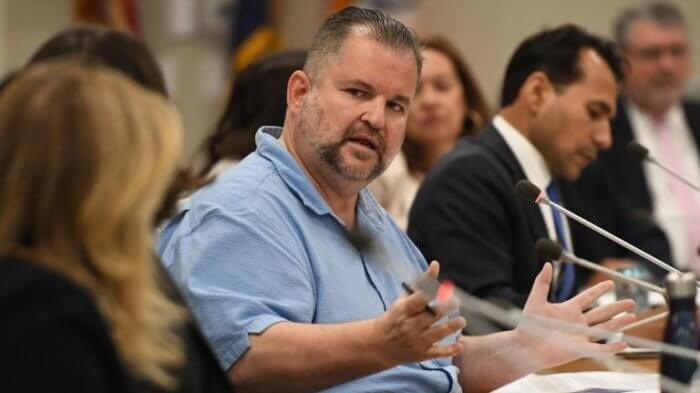
Mayor Adams has kept his cards close to his chest since taking office as to who he wants to represent his administration on the board, saying only that they should be transit riders.
The last board member to step down was Larry Schwartz at the end of December, who was a close confidante of former Governor Andrew Cuomo.
Governor Kathy Hochul nominated New York Building Congress bigwig Elizabeth Velez to fill one of two vacant seats in January — the other one being left by former state Department of Financial Services chief Linda Lacewell in August shortly after the ex-governor announced his resignation.
Most of Linn’s tenure on the board was during the pandemic, and many concerns that resulted or were exacerbated by the health crisis still remain, he said.
One of them is how the MTA will make up a looming $2 billion deficit once the more than $15 billion in COVID relief funds from Washington run out after 2025.
“I know that we keep thinking fiscal year ’25, or calendar year ’25, is a long ways off, but the dollars will run out very quickly,” Linn said.
Fare evasion was another concern Linn brought up, saying the MTA’s system is “almost custom made to cheat,” compared with other transit networks around the globe that require a second swipe or provide for a way to check if riders have paid their fares.
Finally, he sounded the alarm about the impact of another wave of COVID infections amid the arrival of the Omicron subvariant known as BA.2.
The first Omicron strain spread through the transit agency like wildfire over the new year, and the MTA is one of the few workforces that never required vaccinations and has instead poured $100 million into a weekly testing regime.
“I think it’s crazy for us to be spending millions on testing while we continue to mourn MTA workers who have recently died of COVID, very possibly unnecessarily had they been vaccinated,” he said.



